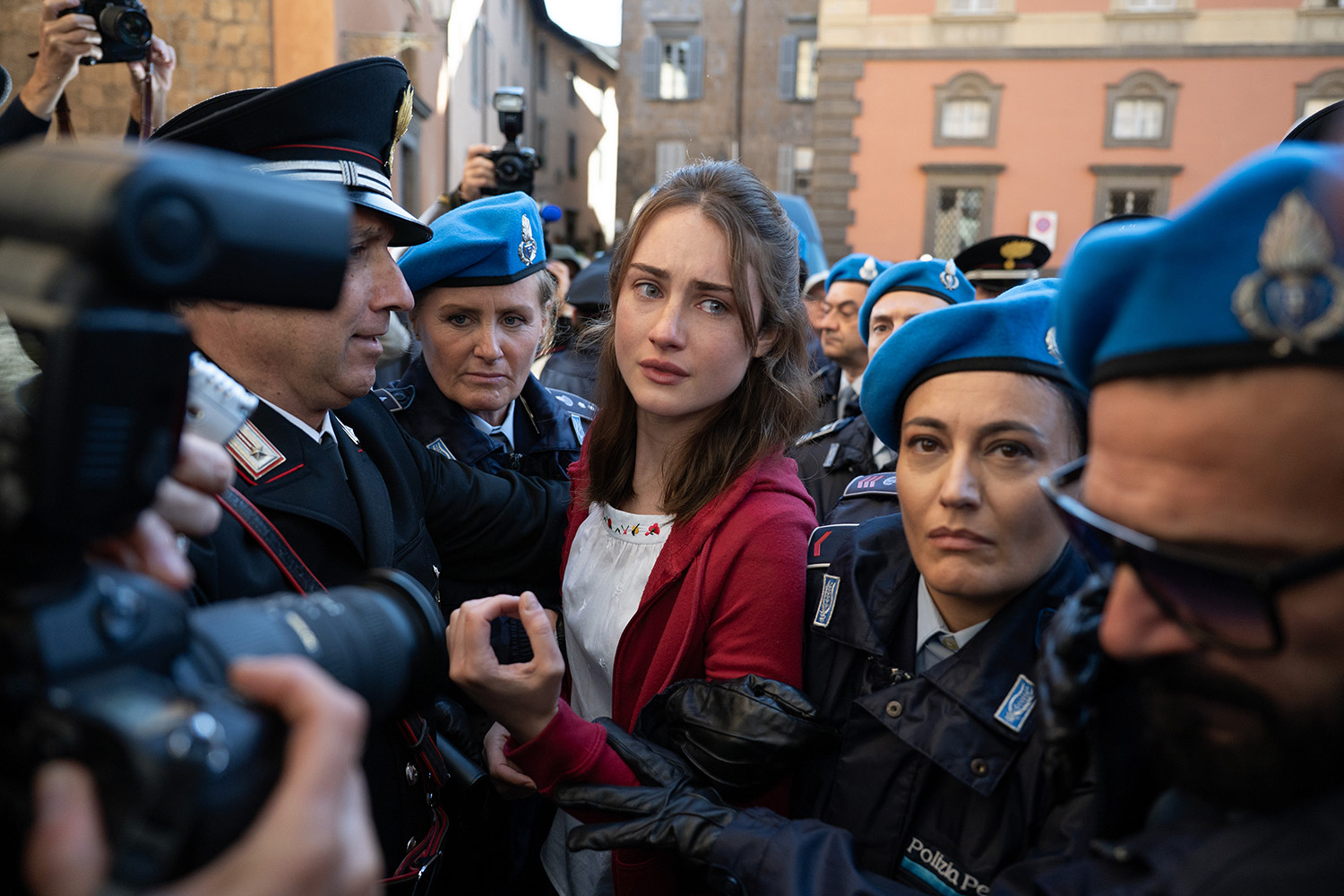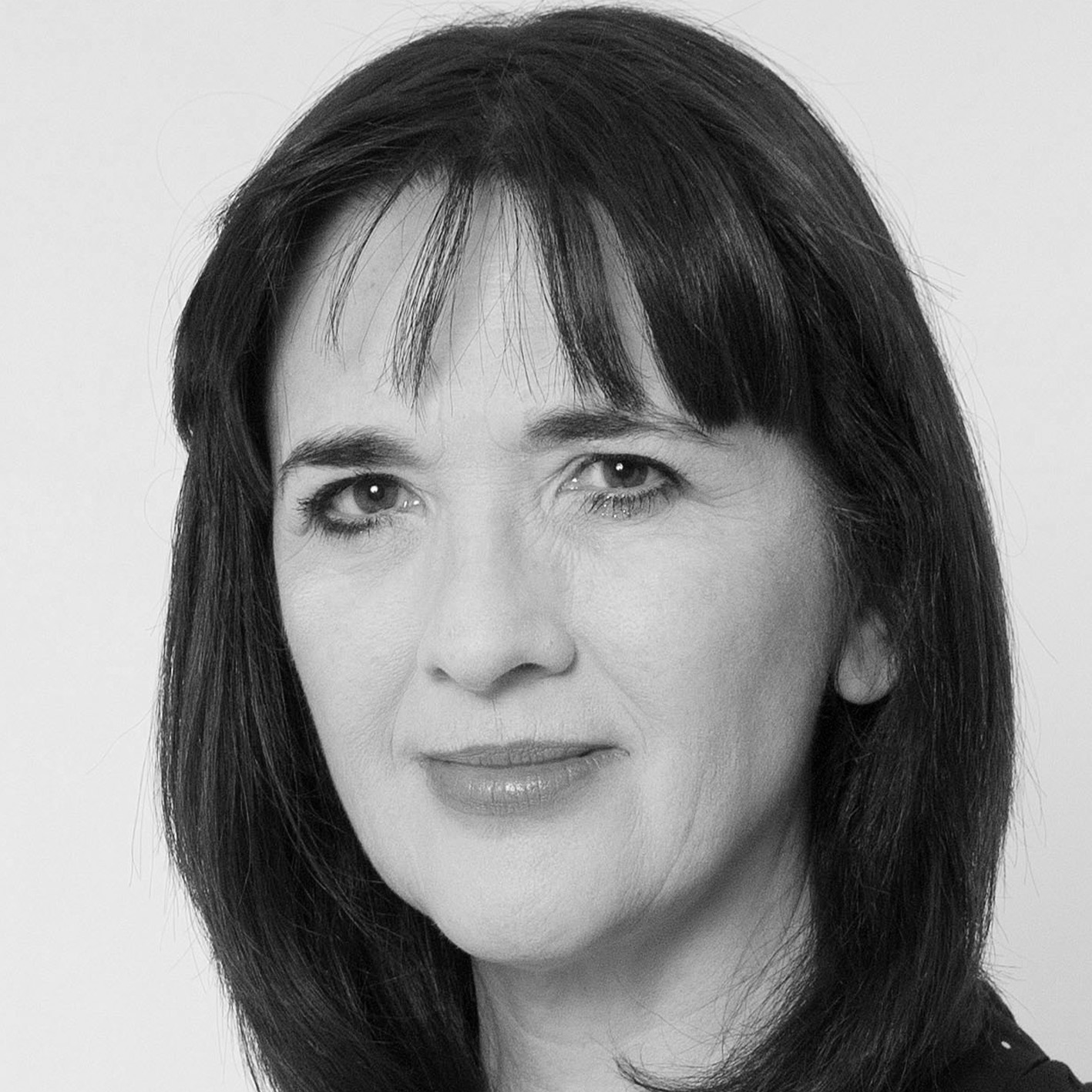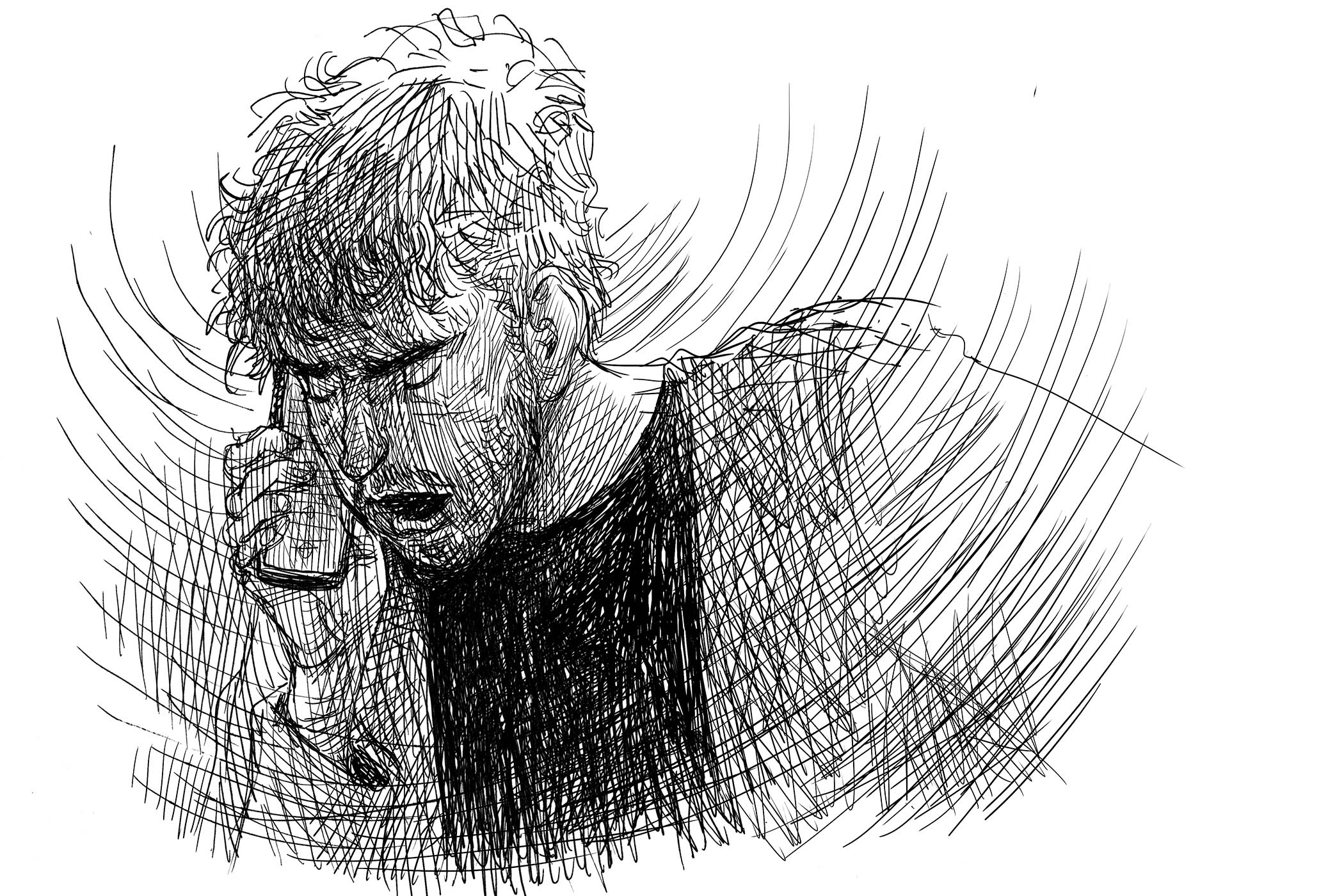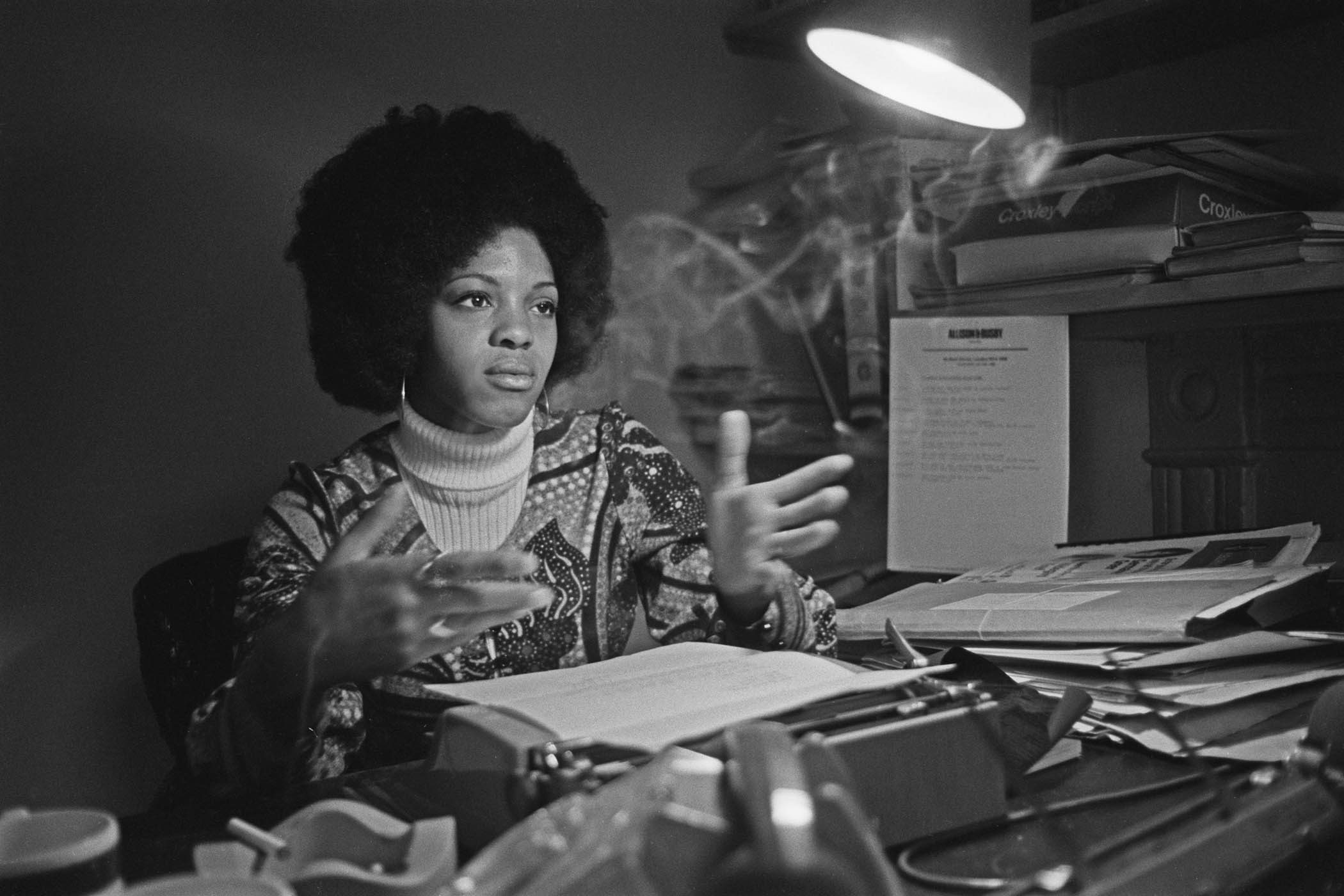It makes sense that Monica Lewinsky co-produces the true crime drama series The Twisted Tale of Amanda Knox (Disney+). There is a similarity between Knox’s case and Lewinsky’s affair with Bill Clinton: both saw the Madonna-whore complex unleashed on a global scale.
Knox was wrongly convicted of the 2007 murder of her flatmate, the British exchange student Meredith Kercher, in Perugia, Italy, while on a study year abroad. By the time of the first trial in 2009, “Foxy Knoxy” became a media frenzy, eclipsing the 21-year-old victim and the others convicted: Knox’s boyfriend of eight days, Raffaele Sollecito, and Rudy Guede, a drifter whose DNA was all over the crime scene. Guede’s trial was fast-tracked, resulting in an initial 30-year sentence that was reduced on appeal to 16 years (he was released in 2021 after 13 years).
In the complex Italian legal system, Knox was sentenced to 26 years, along with Sollecito, who was given 25; both were acquitted on appeal, which was overturned, and then finally acquitted again. She spent eight years on trial and four in prison. The Twisted Tale of Amanda Knox – principally based on Knox’s first memoir, Waiting to Be Heard (2013), and scripted by KJ Steinberg (This Is Us, Gossip Girl) – is her account of the injustice.
Grace Van Patten, playing Knox, is outstanding. She embodies the 20-year-old American’s mercurial demeanour, which is what initially prompted suspicion – such as when she kissed Sollecito outside the scene of the crime – as well as her ensuing panic and depression in prison and, later, her disorientation at being released and returning home to Seattle. First, though, there’s a jarringly jaunty opening: presumably an ill-judged nod to Amélie, the 2001 film Knox and Sollecito watched the night of the murder. Knox, returning to Perugia in 2022, breaks the fourth wall and smirks sardonically at the camera – a tasteless, discordant choice.
Elsewhere in the series, there is extended whimsy about Sollecito (Giuseppe De Domenico), and public prosecutor Giuliano Mignini (Francesco Acquaroli), who believed the murder was part of a sex game carried out by Knox. Along the way, longstanding reporting fallacies are addressed: for instance, Knox’s infamous “cartwheeling” at the police station is shown as occurring when she was casually asked by an officer to demonstrate yoga in the waiting area between interviews.
The Twisted Tale of Amanda Knox is most powerful as a drama driven by the monstering of its young female protagonist. Knox’s reputation as a scarlet woman is sealed with revelations about sexual partners, owning a vibrator and smoking pot.
Her treatment during questioning – aggressive, relentless, in a language she barely understood – leads to her “confession”, which she later retracted. Knox had been working at a bar and falsely incriminated her Congolese boss, Patrick Lumumba, played by Souleymane Seye Ndiaye, though, again, she is depicted trying to retract it. (Knox remains convicted of slandering Lumumba.) It’s after Knox is found guilty at the initial chaotic trial – first breaking, then rallying – that the drama delivers its rawest, most potent moments.
But at eight episodes, The Twisted Tale of Amanda Knox is overlong, and a final meeting between Knox and Mignini feels anticlimactic. And where is Kercher in all this? She is only seen in brief flashbacks (and a foot is glimpsed at the murder scene). Her sister, Stephanie, has said of the production that “it is difficult to understand how this serves any purpose”.
Related articles:
The BBC Two documentary Confessions of a Brain Surgeon is far from a vainglorious victory lap. The 75-year-old former neurosurgeon Henry Marsh – author of the bestselling Do No Harm: Stories of Life, Death, and Brain Surgery (2014) – pioneered the technique of operating while patients were still conscious, in a medical career spanning four decades.
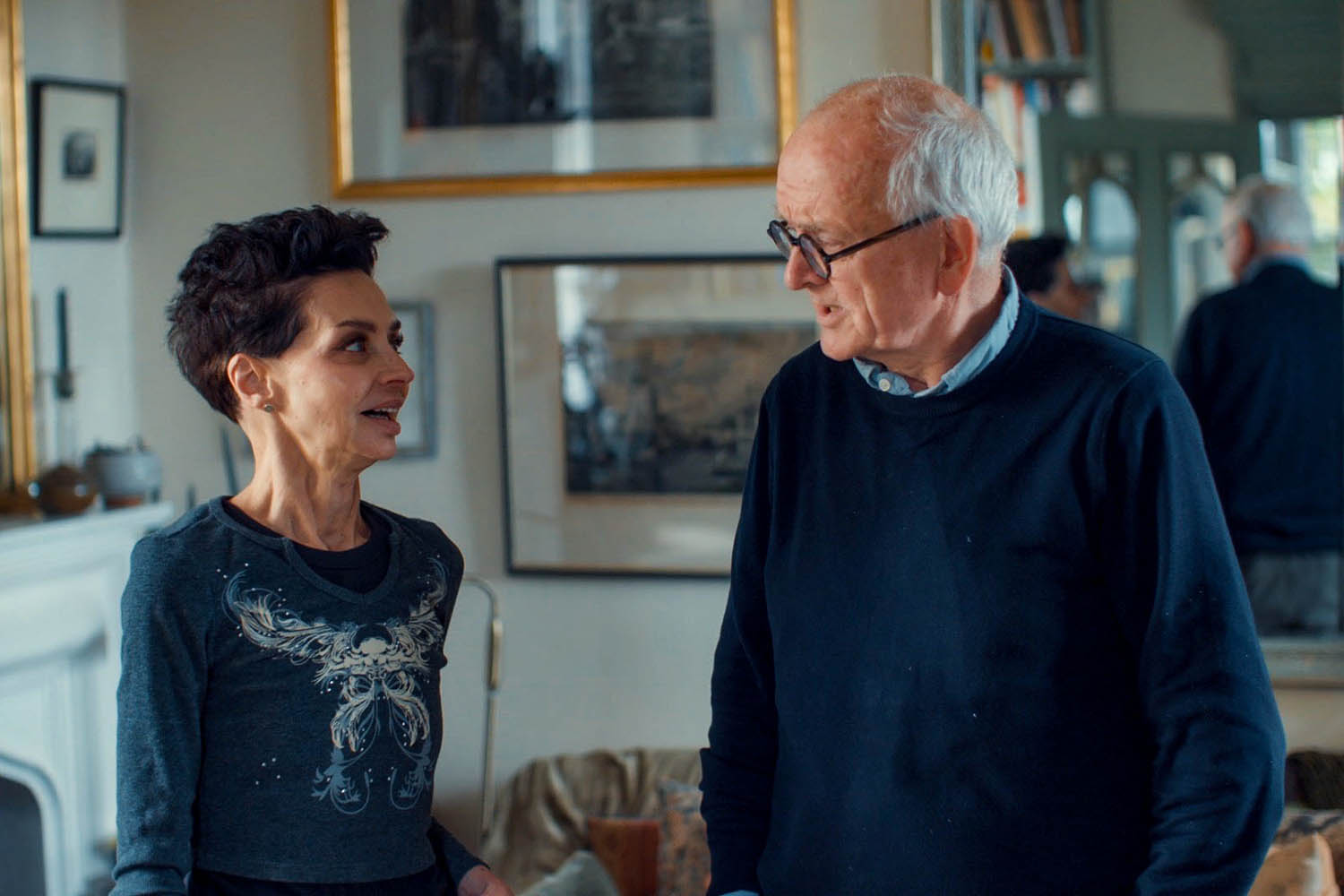
‘He is haunted by the patients he couldn’t save, dwelling on what he calls his “inner cemetery” of regret’: former neurosurgeon Henry Marsh with his wife, Kate
Some of Marsh’s patients were deemed inoperable by other neurosurgeons: “Go away and die,” is how Marsh brusquely summarises their attitude. Yet he is haunted by the patients he couldn’t save, dwelling on what he calls his “inner cemetery” of regret.
Marsh sometimes breaks off to be self-coruscating about his arrogance as a young husband and father. And after being diagnosed with prostate cancer, he has new insight into how “humiliating, demeaning, frightening” it is to be a patient. Then it’s back to his professional fallibility: “We’re not gods,” he muses “Trouble is, our patients want us to have godlike powers.”
The documentary becomes a study of what irrationally floods the synapses when a workaholic is forced to slow down. Not that Marsh has done this completely. Even now, he is still attending hospital meetings, helping in Ukraine and clambering about his house DIYing.
At one point, he meets with the mother of a child patient who died (a tumour proved malignant). She bluntly tells Marsh that she hated him for 29 years but then forgave him. She found it comforting after they met by chance when he was fixing his bicycle chain, and he remembered her. They end up instinctively clutching hands, joined in memory and grief. What a novel documentary – strange and unpredictable in all the right ways.
In Netflix’s political thriller Hostage, Suranne Jones plays British prime minister Abigail Dalton and Julie Delpy is French president Vivienne Toussaint. This is an overheated tale taking in global politicking, right-wing forces, torrid affairs and courage. (Ashley Thomas plays Dalton’s medic husband, who is kidnapped for Reasons.)
No 10 is run almost like a pop-in centre: Toussaint seems to sashay by whenever she feels like it. After a devastating event that would, in reality, dominate news agendas for months, if not years, Dalton’s first address in the Commons seems to be attended by about 15 MPs.
But the two female leaders have a bracing rapport: “What do you do for pleasure, joy, if you don’t mind me asking?” says Dalton. “Compulsive masturbation,” retorts Toussaint, then spoils it by admitting to online gambling. Hostage might be provocatively unrealistic, but unlike many modern political thrillers, it is at least lively, not deadly dull.
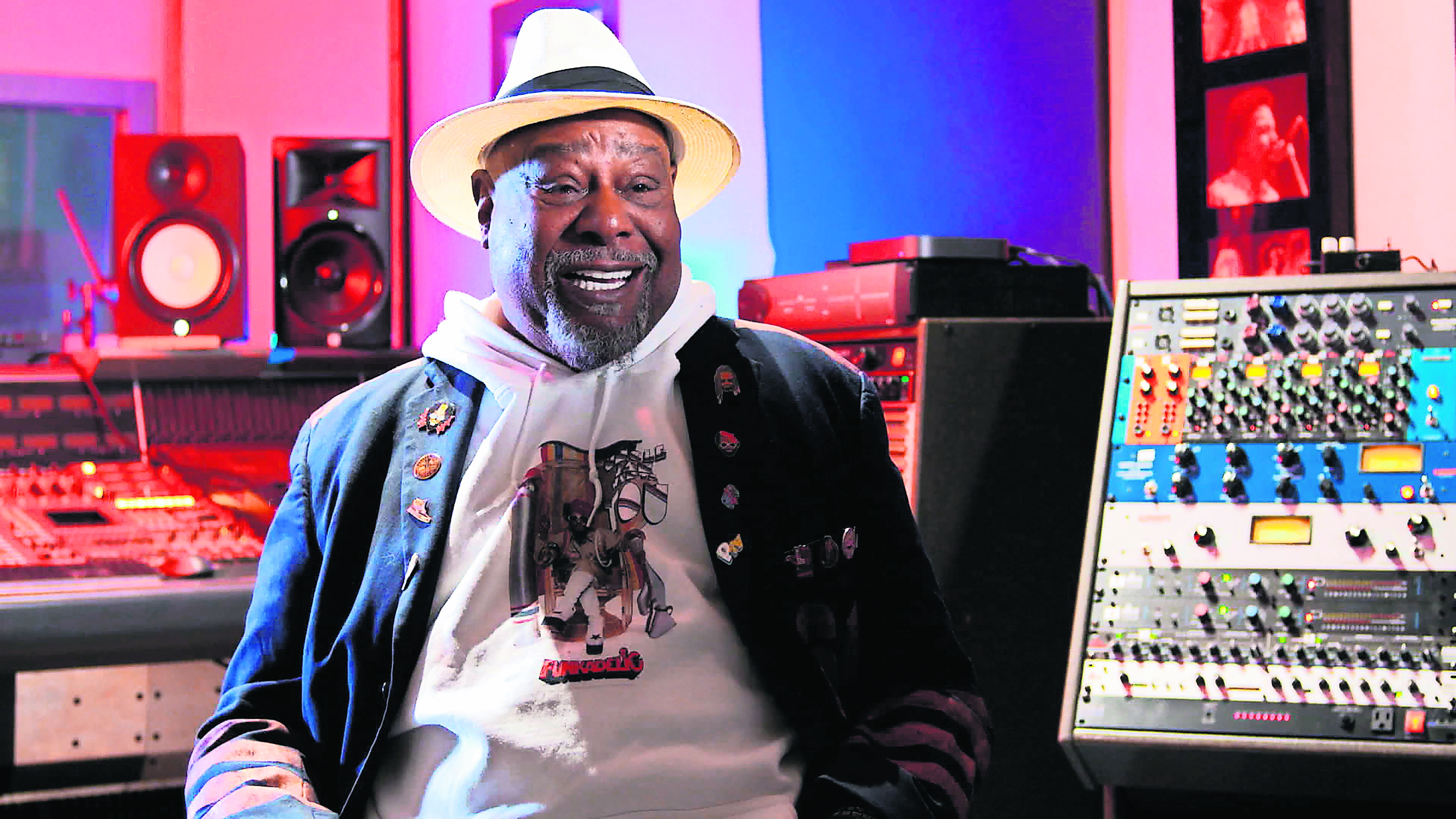
George Clinton in We Want the Funk on BBC Two
Barbara Ellen’s watch list
Dark Hearts
(BBC Four)
Return of the psychologically taut French-language action-adventure series about a special forces commando unit trying to navigate its way around Iraq.
The Real Housewives of London
(Hayu)
It is upon us: the new Big Smoke version of the Real Housewives TV franchise. Mansions, designer gowns, drama, shade, brunches for days, defiantly little self-awareness – what more could you ask for?
We Want the Funk
(BBC Two)
Deeply groovy documentary exploring the history of funk, from its jazz roots, through to early pioneers and artists from James Brown to Parliament-Funkadelic. George Clinton ranks among the interviewees.
Photographs by Andrea Miconi/Disney/BBC
Newsletters
Choose the newsletters you want to receive
View more
For information about how The Observer protects your data, read our Privacy Policy
